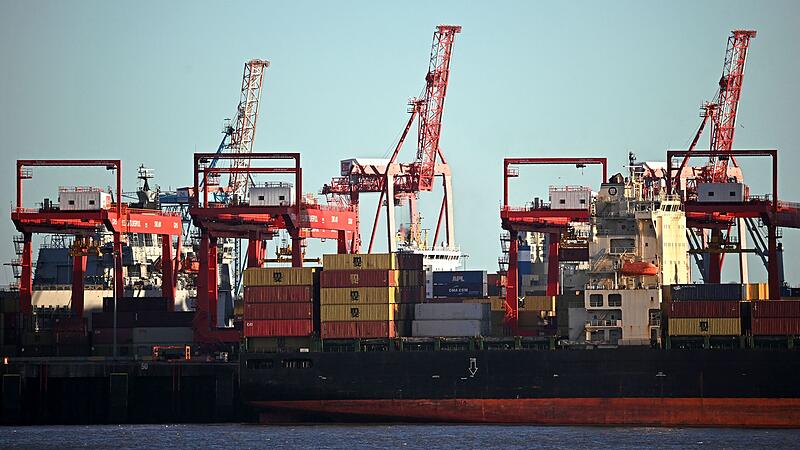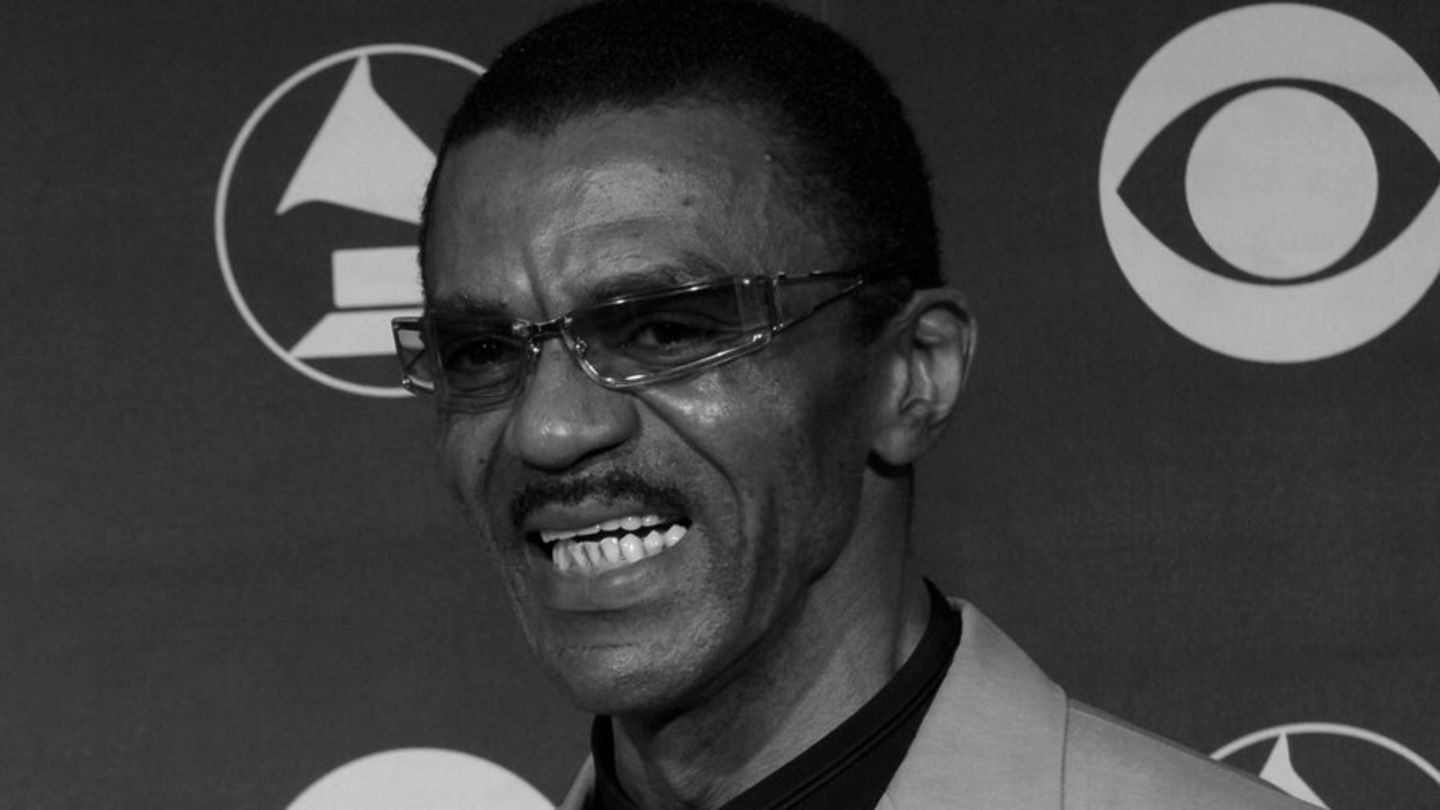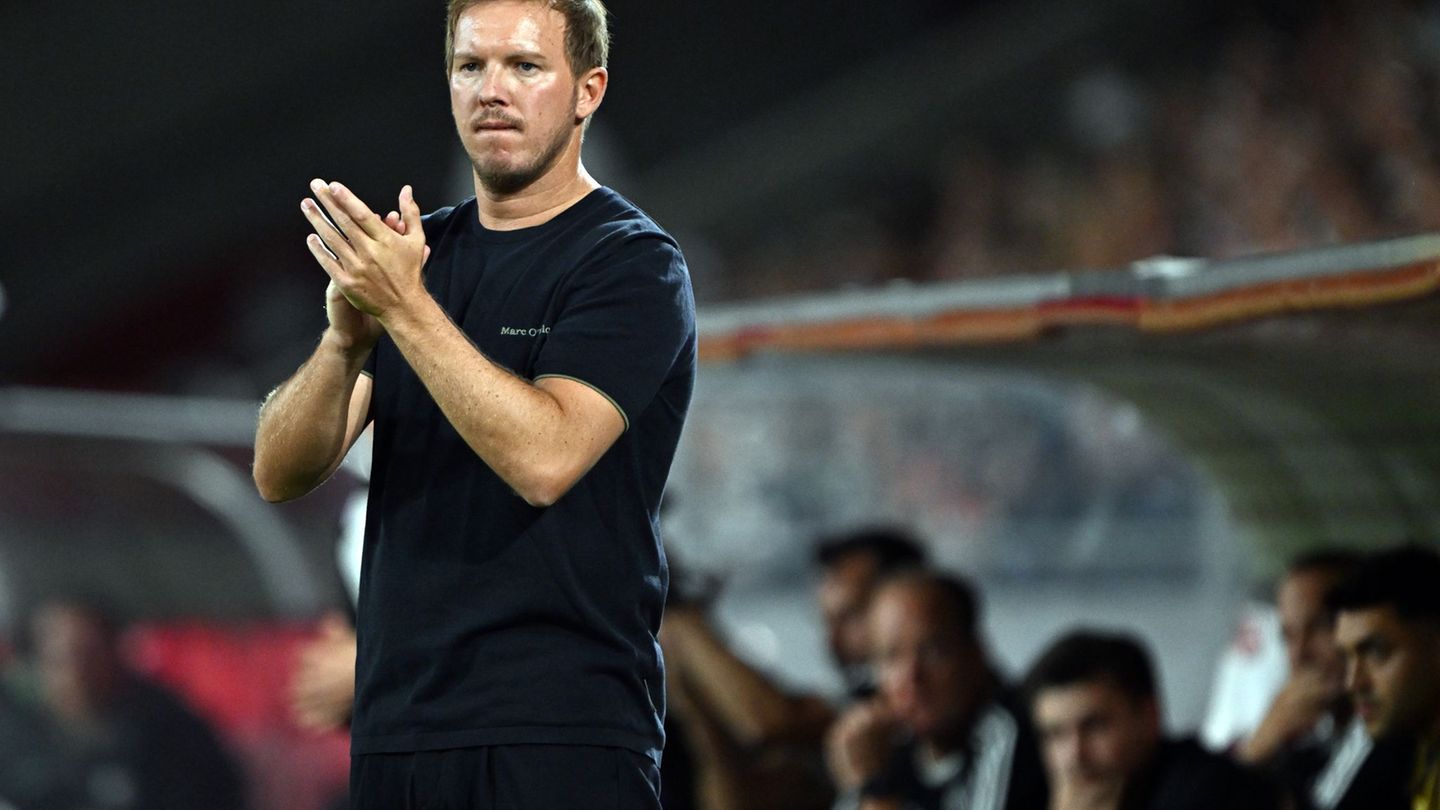Image: PAUL ELLIS (AFP)
The Belgian Council Presidency announced this on Wednesday on the online platform X (formerly Twitter). The short statement says that we are now examining how the reservations of several member states could be addressed together with the EU Parliament.
- More on the topic: Dispute over supply chains is dragging on – 5 questions and answers (OÖNplus)
The EU member states (Council), together with the European Parliament, have actually already agreed on a common compromise text. However, both institutions still have to give their final approval. This was not possible at a meeting of EU ambassadors in mid-February, which is why the vote in the Council was postponed.
Due to differences of opinion in the governing coalition in Berlin, Germany announced that it would abstain. Austria’s Economics Minister Martin Kocher (ÖVP) also announced that Vienna would abstain from the vote. In addition, other countries, including Italy, are also likely to have changed course. In order for the text to be adopted in the Council (in which the EU states are represented), a qualified majority (55 percent – i.e. 15 of 27 member states, representing at least 65 percent of the population) in the Committee of EU Ambassadors would be necessary.
Zadić: “Bitter”
Austria’s Justice Minister Alma Zadić (Greens) described today’s outcome as “bitter” in a press release. Unlike Kocher, she had called for Austria’s approval in the past. “This meant a historic opportunity was missed to protect millions of children from exploitation and to protect our environment from further destruction,” said Zadić. However, she emphasized that she did not want to give up despite today’s setback. “I will continue to work at all levels to protect children, nature and human rights,” the statement said.
- Also read: What would be possible between child labor and bureaucracy (OÖNplus)
The EU supply chain law is intended to hold large companies – with more than 500 employees or in risk sectors with more than 250 employees – accountable if they profit from child or forced labor outside the EU. Larger companies must also create a plan to ensure that their business model and strategy are compatible with meeting the Paris climate goals to limit global warming.
more from economics




